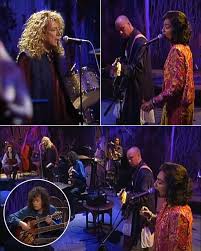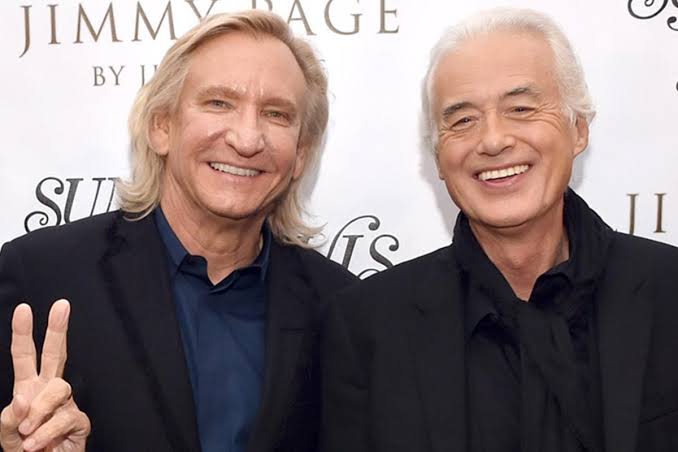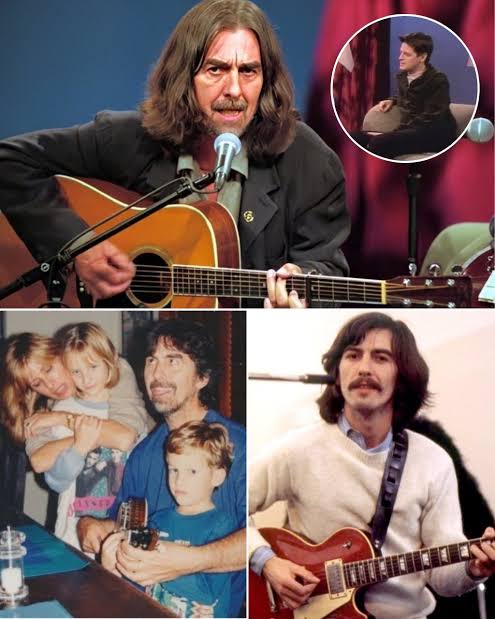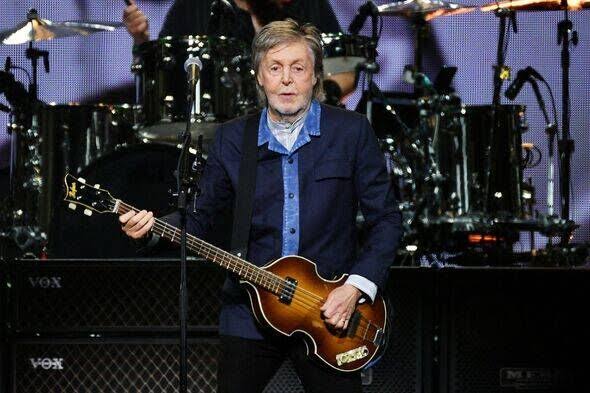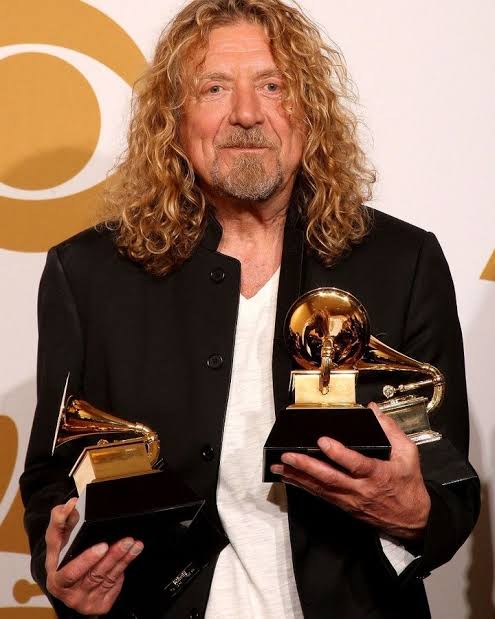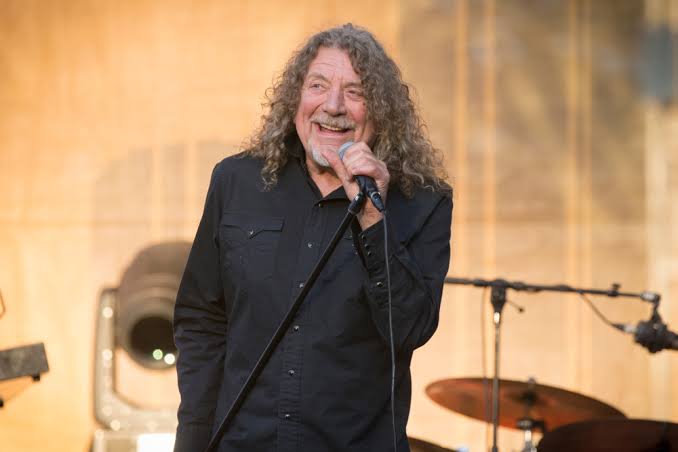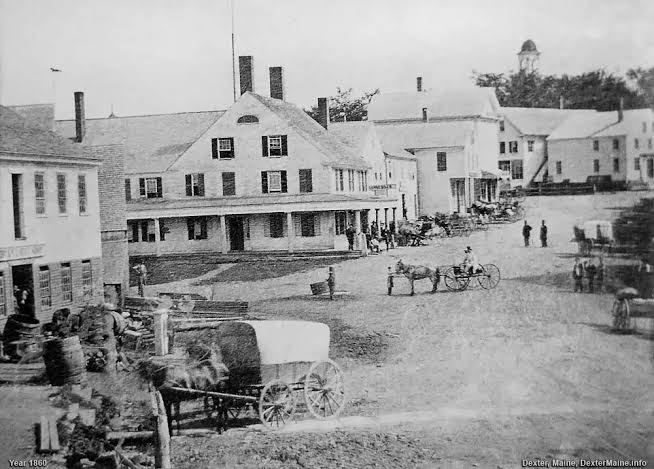
The Dexter Historical Society is the inspired offspring that resulted from some Civil War letters in an attic being read by local teacher, Frank E. Spizuoco on July 4, 1962. Not long after that initial reading, Frank told others about what he read and soon, they were telling him of other materials of interest. He began collecting even more items as his passion for local history grew. Believing that it would be a great learning experience for students at school, Frank suggested to a senior class that they consider displaying his collection of historical items the following spring as a class project. They enthusiastically agreed. Reed’s Clothing Store on Main Street offered their location for the exhibit and it was received so well that the Dexter Jaycees sponsored more at other locations through 1965. Thanks to the coverage that the Eastern Gazette was providing, and for interest in creating a wider historical collection, many more donations started coming in. The seed was planted.
Timing Is Everything
At this same time, an important event occurred which could not have been better timed for the fledgling historical society. The S.L. Small Grist Mill, which had long been at the center of Dexter’s early development, had decided to close for good after over 100 years of service to the community. Russ Gerould, the then editor of the Dexter Gazette, proposed that the Grist Mill, with its historical significance, would be an ideal location to store and display the growing collection. During the Dexter Town meeting of 1966, this proposal was approved and the town agreed to acquire the building. On May 1, 1966, the Dexter Historical Society was born and with its new home, has continued to grow to the present day.
Society Mission Statement
“a. To stimulate the collection and preservation of printed and manuscript material and artifacts, and objects of historical interest. To provide for accessibility to those items to all who wish to examine or study them.”
“b. To promote among the public a greater interest in awareness of local history.”
Dexter Historical Society Today
The power of the seed that was planted, and the vision that began with the chance reading of those civil war stories in 1962, kept growing through the years as more people, more donations, and more new ideas melded together. What started with the acquisition of the S.L. Small Grist Mill, expanded to now include the one-room Carr Schoolhouse (built in 1845), the Miller’s House (a cape built in 1825), and the Amos Abbott & Co. Woolen Mill Office building (built in 1836) which has become the Abbot Museum and the current headquarters of the Dexter Historical Society. All buildings include relevant period displays that are part of the truly impressive historical collection. The Abbott Museum also includes a gift shop that features a wide variety of “Made in Maine” products, both craft and art, including publications.

